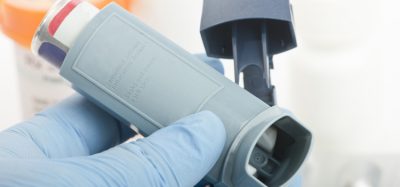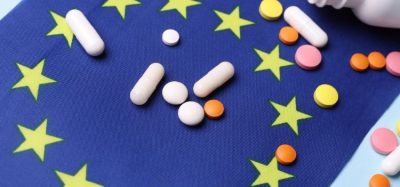Deloitte finds Pharma returns on R&D reach new low
Posted: 3 January 2019 | Iqra Farooq (European Pharmaceutical Review) | No comments yet
Deloitte has found a sharp decline in the returns on investment from top pharmaceutical companies, with returns at almost half of what they were in 2010…


A report by Deloitte, one of the Big Four, has stated that projected returns on investment into pharmaceutical research and development (R&D) has fallen to 1.9 percent – the lowest in nine years.
The analysis included the top 12 pharmaceutical companies, and was conducted by Deloitte’s Centre for Health Solutions. Returns are reported to have fallen to 1.9 percent, from 3.7 percentage points in 2017, and 8.2 percentage points since 2010, with forecasted average peak sales at $408 million (£302 million).
The team report this to be the lowest since Deloitte began the report began nine years ago.
Ever-increasing costs seem to be the reason behind the drop in returns, with the average drug now costing $2,180 million (£1,616 million) – almost double of what it cost in 2010 ($1,188 million/£880 million). These costs include the development of the drug, approval and marketing.
Colin Terry, consulting partner for European life sciences R&D at Deloitte, commented: “The results signal a time for substantive change in the pharmaceutical industry. Despite the launch of many successful products, growing development costs and regulatory constraints are making it more difficult than ever for companies to redeem their R&D investment.
“Cutting R&D cycle time and costs is vital in a world where projected sales continue to be stagnant. In order to succeed and maximise their return on investment, the industry must act now to embrace new technologies and seek out the talent with the right skill set to challenge the status quo, then implement and sustain the new model.”
The report states how a significant change in the way pharma companies work and their productivity is necessary for companies to being seeing a better return on investments. New technologies such as artificial intelligence (AI), and robotic process automation (RPA) can help companies to build upon the innovative work of these organisations.
Since 2015, four smaller, more specialised biopharma companies have been used as an extension to the original study.
These smaller firms have continually outperformed their larger and stronger competitors.
Neil Lesser, Life Sciences R&D leader for Deloitte US commented, “The smaller companies in our cohort continue to outperform, as they are able to produce valuable pipelines with less legacy infrastructure and organisational complexity.
“The challenge for these companies will be to continue the growth trajectory while at the same time investing in talent, and allocating funds to mature smartly. For the larger companies, a focus on technology and adapting their organisations and talent models to maximise productivity, is the way forward in this evolving landscape.”
Related topics
Analytical techniques, Biopharmaceuticals, Drug Development, Manufacturing, QA/QC, Research & Development (R&D)









